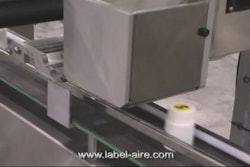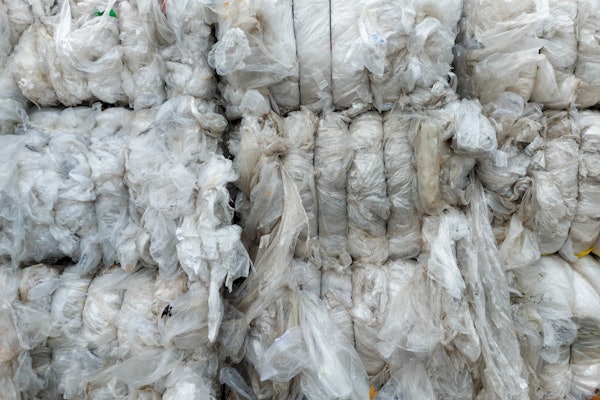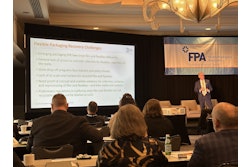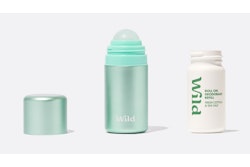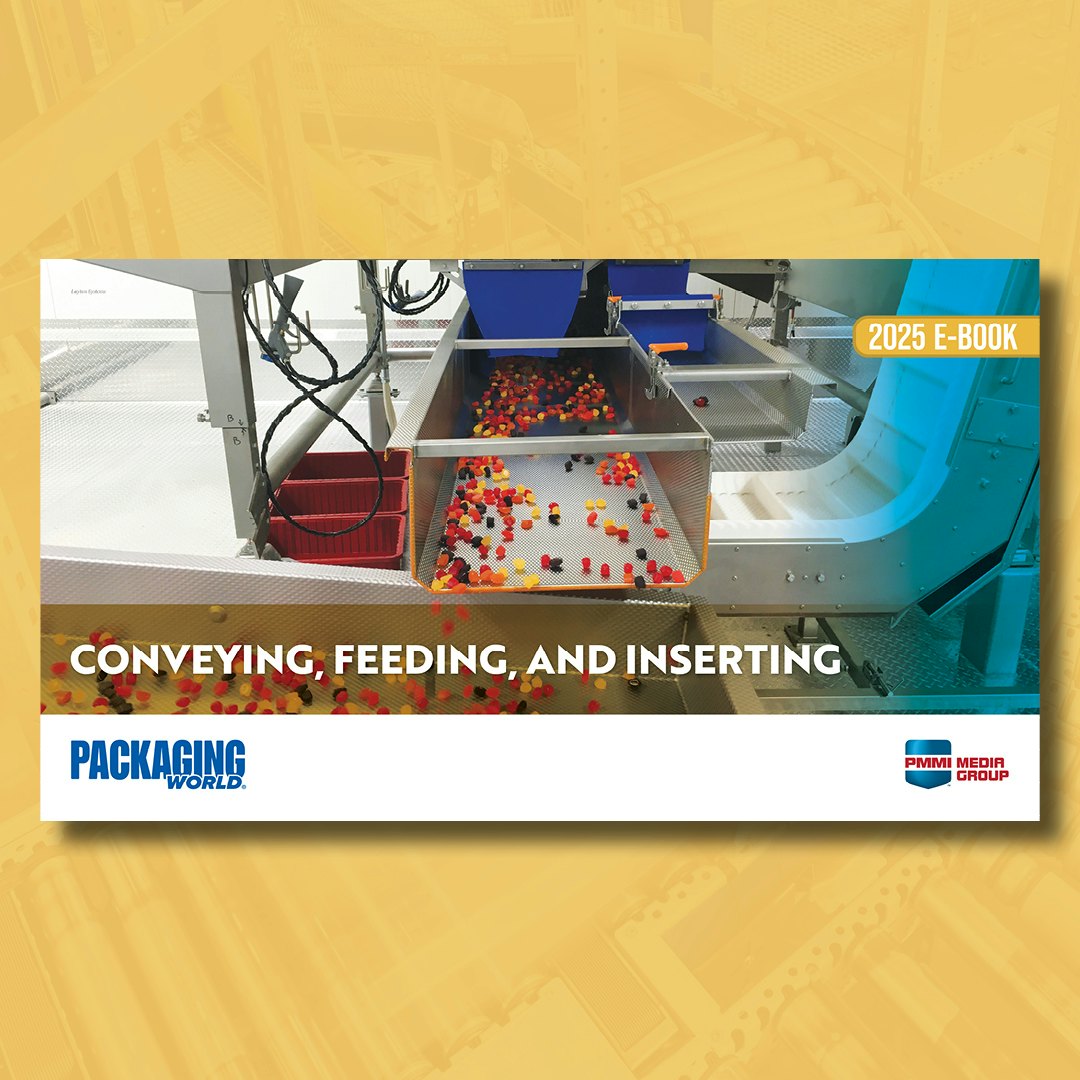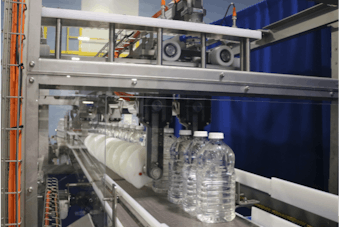
Two percent of U.K. consumers want carbon labels on food products, according to new research of more than 400 supermarket shoppers by Newcastle Business School, Northumbria University. The findings were released last week following the U.K. Conservative Party's pledge to introduce a supermarket ombudsman and legislation to enforce "honest labelling" if they are elected.
In December, Zaina Gadema, a logistics and supply chain management researcher at Newcastle Business School, completed the first stage of the study to gauge consumer perceptions on green issues when food shopping. A total of 432 shoppers across all of the U.K.'s major supermarkets were questioned on their demand for carbon labeling, their knowledge of their personal carbon footprints, whether they think climate change is an important issue when buying food, and whether current carbon labels are easily understood.
The results showed that 83% of shoppers do not know their own personal carbon footprint, but almost three quarters of respondents said that clearer carbon labelling on food products would help them to think “green,” the study concluded. Sixty-three percent of those surveyed via a questionnaire thought that carbon labels were a useful indicator for comparing environmental standards, although largely quality and taste (76%) were still deemed more important when purchasing food than environmental issues such as carbon (44%) and food miles (42%).



